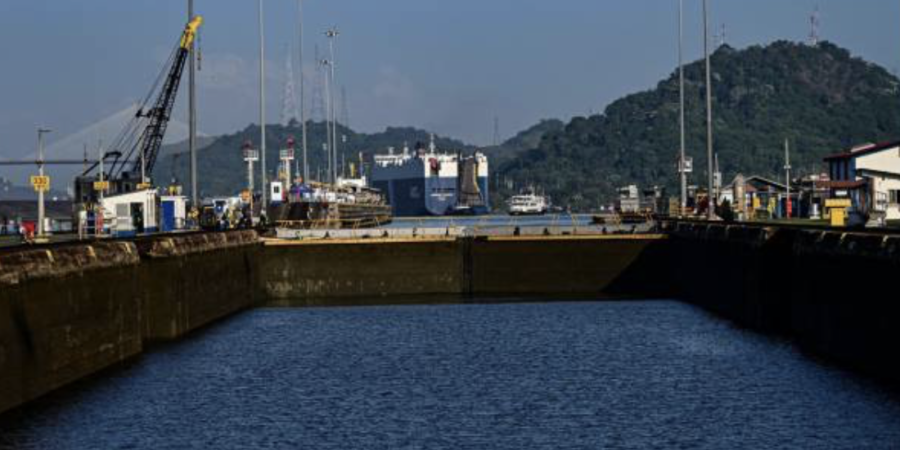The document presented this week seeks for Panama to develop investments aligned with environmental protection and the Sustainable Development Goals
After more than six years of work, the sustainable finance working group presented this week, the first taxonomy of sustainable finance in Panama and Central America.
It is a classification system that defines “clear and science-based” criteria to identify the economic activities that contribute to a sustainable, resilient and inclusive economy in the country, Carlos Bejerano, president of the working group, explained to this medium.
The document, which was developed with the support of more than 350 representatives of 90 entities from the public, productive, financial, civil society and international organizations sector, seeks to align Panama with the existing taxonomies in other regions, to facilitate strategic investments that allow to preserve the integrity of the national economy that depends, to a large extent, on climatic factors.
In total, the study covers nine sectors: Agriculture, livestock and forestry; water supply and treatment; manufacturing, waste management and emission capture; supply of electricity, gas, steam and air conditioning; construction; transport; information and communications technology; and financial and insurance activities.
According to Bejerano, what is sought is to generate a theoretical framework that helps the financial sector and investors to detect where to invest their money, so that it is sustainable and environmentally friendly.
“For us it is very important that regular financiers and the banking sector have contributed significantly to the preparation of this paper, because they are the ones who are responsible for financing private investments,” he said.
The Superintendent of Banks, Amauri Castillo, indicated to this media that this taxonomy seeks to make Panama’s financial practices conform to global environmental challenges. “The challenge is what comes after presenting the document, because it is up to the financial and banking sector to change its culture of investments and credits, to ensure that most of them are friendly with the environment,” he confessed.
“We are the first country in Central America to launch a taxonomy of this type and, in Latin America, only Mexico and Colombia have one, so we have the opportunity to position Panama as a benchmark in the field,” he stressed.
Castillo alleged that although the sector already has a significant level of sustainable investments, it is necessary for the entire private sector to redefine its conception of what is environmentally friendly. “With this taxonomy we realized that many things that we previously considered healthy with the ecosystem, are not really healthy,” revealed the lawyer, who gave hybrid cars as an example.
Another challenge of the implementation of this system is greenwashing, which is defined as a green marketing practice aimed at creating an illusory image of ecological responsibility in companies. “It’s when a company takes photos of cleaning a beach to hide that its business activity damages the environment,” Bejerano explained.
The leader of the group that works on taxonomy advocated the creation of new legislation that stimulates sustainable investments and that penalize those companies that do not contribute to the care of the environment.
What’s next?
Ligia Castro, director of Climate Change of the Ministry of Environment (MiAmbiente), told La Estrella de Panamá that from April a pilot plan will begin in which six banks, three insurance companies and three investment companies will be selected with the purpose of applying the indicators of taxonomy.
“What we want is to see in practice how it could be implemented, to adapt local companies to this taxonomy,” he added.
Castro clarified that they have not yet chosen the participants of the project, but that they work with the Banking Association, the superintendences and others, to choose the indicated ones, who will be working throughout the year with the taxonomy.
“What we want is to see how the bank adapts to this new system, with the purpose of fine-tuning details,” he added.
The official stressed that this system opens the possibility of opening climate financing lines from all over the world, in addition to starting to implement green bonds in the Panaman stock market and the issuance of the country’s first sustainable sovereign bond.
The development of the taxonomy had the collaboration of the Superintendence of the Securities Market, the Superintendence of Insurance and Reinsurance of Panama, the Grenn Climate Fund, the Ministry of Economy and Finance, Euroclima and the United Nations Environment Program.
